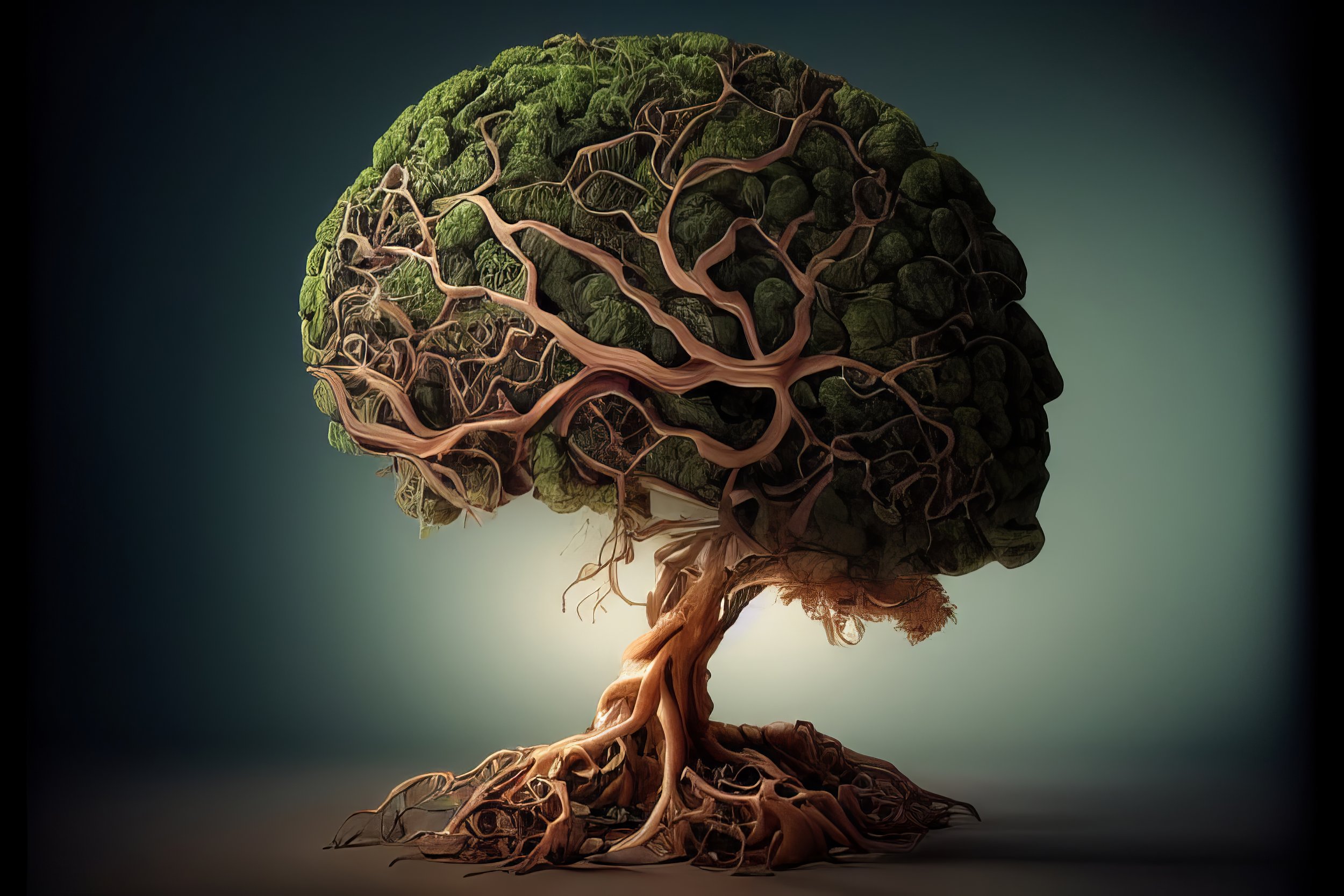
GET UNSTUCK
Introducing Grounded In Peace Therapy and Coaching
-

Dream it.
After leaving a very rewarding career as a Detroit firefighter, I dreamed of how I could be of even greater service to my community. It is my personal belief that men are intended to be of service rather than being served. I believe that men are intended to be a well grounded tree under which his family, the women in his life, and the people within his community can find refuge and safety.
-

Build it.
The building of Grounded In Peace therapy and coaching began many years ago with my work in public service. What started as a desire to help protect the lives and property of the citizens of the city of Detroit eventually grew into a passion and purpose to support the often overlooked and stigmatized population of those suffering from mental illness and wellness. I was ushered into a leading role upon accepting the position of assistant director of nursing at Hawthorn Center, a State of Michigan psychiatric hospital for children. I later worked behind state prison walls on a psychiatric unit. I saw firsthand the pain and trauma children suffered and where it often led them. Working in behavioral health with men and women suffering from alcohol and drug addiction continued to build my knowledge, unique skill set, and deep compassion for those suffering from behavioral health challenges. My progression into the role of psychiatric mental health nurse practitioner is a natural advancement toward my unique purpose. It is my purpose in creating Grounded In Peace Therapy and Coaching to provide a safe space for healing and to enable anyone suffering from mental health or mental illness to live a peaceful life.
-

Grow it.
Together with Peace of Mind Wellness LLC, we have built a collective of highly competent mental health professionals with specialties in addiction, bipolar disorder, trauma, depression, anxiety, and much more. As a mental health collective, we assist clients through therapy, medication management, coaching, and holistic modalities. One of the greatest and most pressing needs among men is understanding and empowerment. I personally specialize in therapy and coaching for men. All appointments take place in our soothing, and calm office environment with fully private rooms, complimentary tea and water, and individualized care. Our office is conveniently located in Farmington Hills, Michigan. Can’t make it into the office? No worries; we’ve got you covered with teletherapy, telepsychiatry, and coaching.

MEN’S COAHING AND THERAPY
The word “coach” may evoke images of a friendly teacher who ran you through drills during high school soccer practice, a life coach who helps inspire clients to reach their goals, or a career coach focused on work-related challenges. Mental health coaches are also trusted partners who can help you achieve goals, but they focus on emotional health and wellness.
So, what is a mental health coach? They’re specially trained professionals who help people develop greater self-awareness, implement tools to better manage their lives, and pursue specific mental health goals. Coaches can help people with a range of conditions, from stress, burnout, and anxiety to those who need support through life transitions, tough feelings like anger, or relationship issues. Mental health coaching is designed to get you back on track when you’re feeling stuck and help you create a more rewarding life.
Much like therapists, behavioral health coaches listen deeply to their clients to gain an understanding of their personal needs, challenges, and hopes. Based on each client’s particular set of circumstances, mental health coaches also do the following:
Ask questions that help people see things from a different perspective and open up to changes that’ll improve their lives
Introduce new perspectives and skills. Mental wellness coaches help people develop skills to help them overcome obstacles they may be facing. They also provide a fresh perspective to help their clients reframe thinking patterns, better manage emotions, and address problems more effectively.
Identify your personal strengths. People learn to embrace their strengths as well as practice self-compassion and acceptance.
Improve relationship skills
Help clients design actions to facilitate behavior change and hold them accountable for putting them into practice. Clients rarely leave a behavioral health coaching session without establishing a personal practice to complete before their next session. This could mean a journaling exercise to clarify their values and goals, a new technique to try when emotions get the best of them, or another meaningful “homework” assignment designed to propel their transformation.
Mental health coach vs therapist
While a mental health coach and therapist both work to help you improve your mental health, there are several important differences.
1. Credentials. Therapists hold at least a master’s degree in psychology or a related field and must complete licensing requirements in their state, along with a certain number of supervised clinical treatment hours.
Mental health coaching, on the other hand, usually requires a certification program. Many of these programs are accredited by the International Coach Federation (ICF) or other coaching organizations.
2. Area of focus. Behavioral health coaches help their clients focus on the present and future. Therapists, psychologists, and counselors are more likely to be trained to help clients heal from past and present challenges.
3. Medication. Mental health coaches do not prescribe medication. They can recommend a client see a psychiatrist or psychiatric nurse practitioner if medication may be helpful.
4. Diagnoses. Behavioral health coaches cannot diagnose mental illness, although they can recommend that a client seek a diagnosis from a therapist.